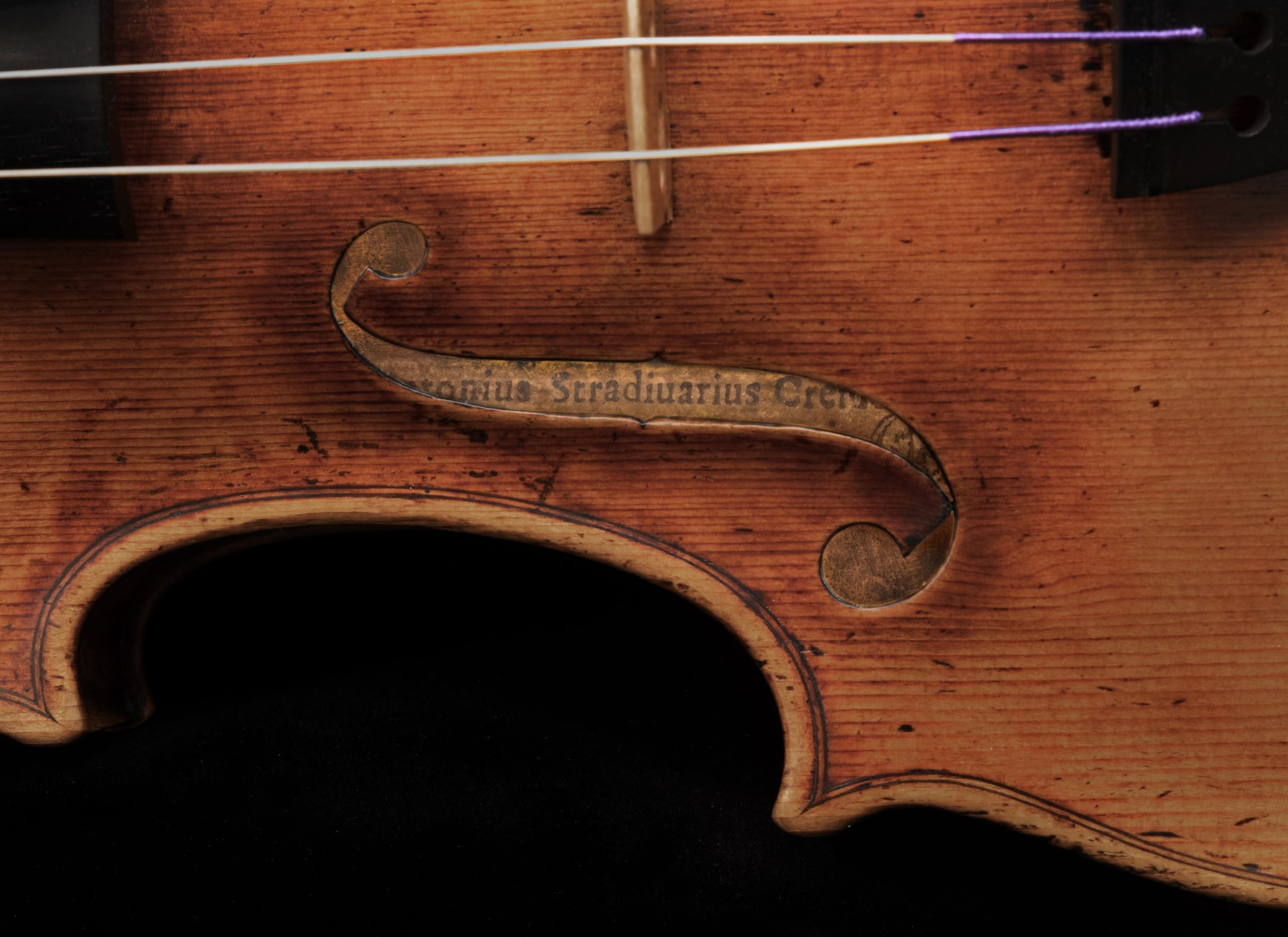
On the first day of 1879, Joseph Joachim, the virtuosic Hungarian violinist, took to the stage in Leipzig and premiered Johannes Brahms’s Violin Concerto in D Major, the only such work the German composer ever wrote. The two were close friends and the concerto had been written with Joachim in mind and in particular, his instrument, a Stradivarius which boasts a rich and resonant tone.
Nearly a century and a half on, the violin could become the most expensive instrument ever sold, with Sotheby’s granting it a valuation between $12 million and $18 million ahead of a February 7 auction during Masters Week. The current record stands with the $15.9 million paid in 2011 for the Lady Blunt Stradivarius, named after Lord Byron’s granddaughter who made her fortune breeding Arabian horses in Egypt.
In addition to provenance, the instrument was made in 1714 during the so-called “golden period” of master Italian luthier Antonio Stradivari. The instrument has been exceptionally preserved, retaining its golden brown gloss and boasts a rich, unmatched sound quality, Mari-Claudia Jimenez, head of global business development at Sotheby’s said via email. “[It’s] a once-in-a-lifetime opportunity to acquire an instrument with such profound historical and musical legacy.”
The instrument was created in 1714. Photo: courtesy Sotheby’s.
In 1967, nearly 90 years on from Joachim’s performance, the instrument was purchased by Si-Hon Ma, a violinist and educator who had enjoyed financial success through inventing the Sihon mute, a small device that attaches to the bridge of stringed instruments to reduce sound. The appeal of Ma’s version is that it doesn’t need to be removed when not in use.
Born in southern China in 1925, Ma moved to the U.S. in 1948 and after graduating from Boston’s New England Conservatory toured America and beyond under Columbia Artists Management. Ma performed with the instrument until his death in 2009, ultimately rendering it the Joachim-Ma Stradivarius. Ma’s will left the violin to his alma mater and after a stint at the Violin Museum in Cremona, the birthplace of Stradivari considered the capital of violin making, his wish was honored.
The violin is from Stradivarius’s golden period in 1714. Photo: courtesy Sotheby’s.
While select students have been granted the opportunity to play the instrument over recent years, the Joachim-Ma Stradivarius violin was gifted to NEC with the understanding that it could be sold to support student scholarships. That time has arrived and NEC hopes to establish the largest scholarship in its history.
The sale, Andrea Kalyn, NEC’s president said, would help honor the mission to educate and train the coming generation of musicians. “While it has been a privilege to have one of the world’s finest violins, this sale will be transformational for our students.”
At such a price, is there a danger the violin might become more trophy than working instrument? While Jimenez acknowledges the violin is a singular “trophy,” one comparable to a dinosaur fossil or a copy of the Constitution, she’s confident a steward will be found who “will respect and preserve its remarkable legacy, both as a concert instrument and a cultural treasure.”